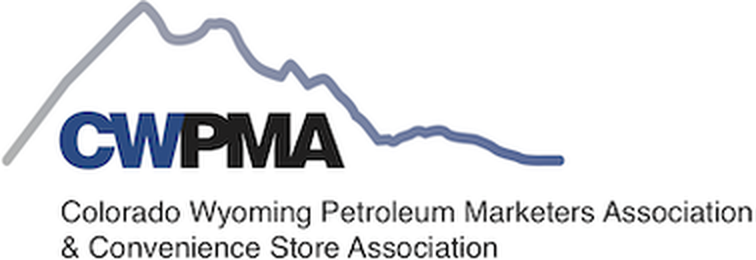As you are thinking about filing for E.V. charging grants and weighing peak demand charges please take a look at the below -
I have some unfortunate, but not unsurprising, news, Our favorite investor owned utility, Xcel energy, has just filed their second Transportation Electrification Plan this week (see attached). It includes a “Public Charging Acceleration Network” that will allow the Company to expand its existing fast charging program. The plan says that Xcel will expand its fast-charging program to develop up to 460 public fast chargers amounting to roughly 580 ports. It would be $145.1 million in ratepayer dollars.
You may already be aware that a bill passed in Colorado in 2019 (SB19-77) Xcel referenced that Colorado bill language in this filing. I think this shows how aggressive and orchestrated Xcel is across its various territories as it attempts to leverage its monopoly in the EV charging business. The Colorado filing also appears to indicate that Xcel could use eminent domain when siting these chargers see the quote below:
"The Company may also use Company-owned property or acquire land rights in locations where charging is needed and there is not a site host match."
Xcel wants to bill customers $140 million to build massive, company-owned EV charging network
Scott Weiser scott.weiser@gazette.com May 29, 2023 Updated Jun 5, 2023
Visitors who drive electric vehicles can charge up at EV charging stations provided by Colorado Parks and Wildlife at parks around the state, according to a news release. This one is located at John Martin Reservoir State Park.
As part of its state-mandated transportation electrification plan, Xcel Energy is seeking permission to bill ratepayers $140 million to build a statewide company-owned, high-speed EV charging network.
“We're looking at about 460 charging stations that represents about 10% of the need that the state's going to have by 2030 to support those 940,000 EVs,” Nadia El Mallakh, vice-president of Clean Transportation and Strategic Partnerships at Xcel, said in an interview.
Plans by utilities to build their own EV charging network have led to sharp criticisms of unfair competition.
Charge Ahead Partnership, a national coalition of more than 100 businesses, organizations and individuals working to expand access to the EV charging market, said utility-led deployment of EV charges discourage competition and unfairly burden business and residential consumers with paying for the utility’s charging network.
“This proposal hurts Coloradans. Everyone, including people who don’t own an EV, will pay higher power bills,” Charge Ahead Executive Director Jay Smith said in a statement. “And EV drivers will have fewer options, as very few EV charging operators will open up shop in Colorado if a state-backed monopoly is allowed to unfairly compete by using ratepayer funds to build an EV charging business.”
Xcel counters that its network will provide needed charging infrastructure to rural and other areas that are unlikely to see local investment in public charging stations.
“We're really targeting and focusing on rural areas and urban areas, particularly including those spots that non-regulated entities, developers won't serve, or historically there's not enough utilization to make it work for their business model,” El Mallakh said.
Gov. Jared Polis’ Greenhouse Gas Reduction Roadmap calls for hitting a target of 940,000 EVs on the road statewide by 2030.
To reach Polis’ goal, auto dealers would have to sell just under 125,000 EVs per year — a “hockey stick” uptick in sales, Tim Jackson, the former director of the Colorado Automobile Dealers Association, said in an interview with The Denver Gazette in November.
Jackson added that EV sales would need to make up about 50% of the approximately 250,000 annual new vehicle sales.
Range anxiety, especially in Colorado, is an impediment to the adoption of EVs, something that’s driving a push by the state to install EV chargers at 50-mile intervals along major highways. The Colorado Department of Transportation and the Colorado Energy Office are working to build a network of public charging stations using, in part, federal grant funds from the $550 billion Infrastructure Investment and Jobs Act.
The state's energy office said that, as of Oct. 1, there were 3,646 Level 2 plugs and 719 DC fast-charging plugs throughout the state. The office did not specify how many are publicly or privately owned.
“The state will be investing more than $25 million over the next year in state and federal funds to continue to grow and expand Colorado’s EV charging infrastructure network,” Rosenblum, the agency spokesman, said in a November email.
El Mallakh said Xcel anticipates that revenues from the public charging programs will "offset much if not all of the project investment costs over the life of the chargers"
“But a really important point is that we're focused on how we can help all of our communities have access to reliable, affordable public charging,” El Mallakh added.
